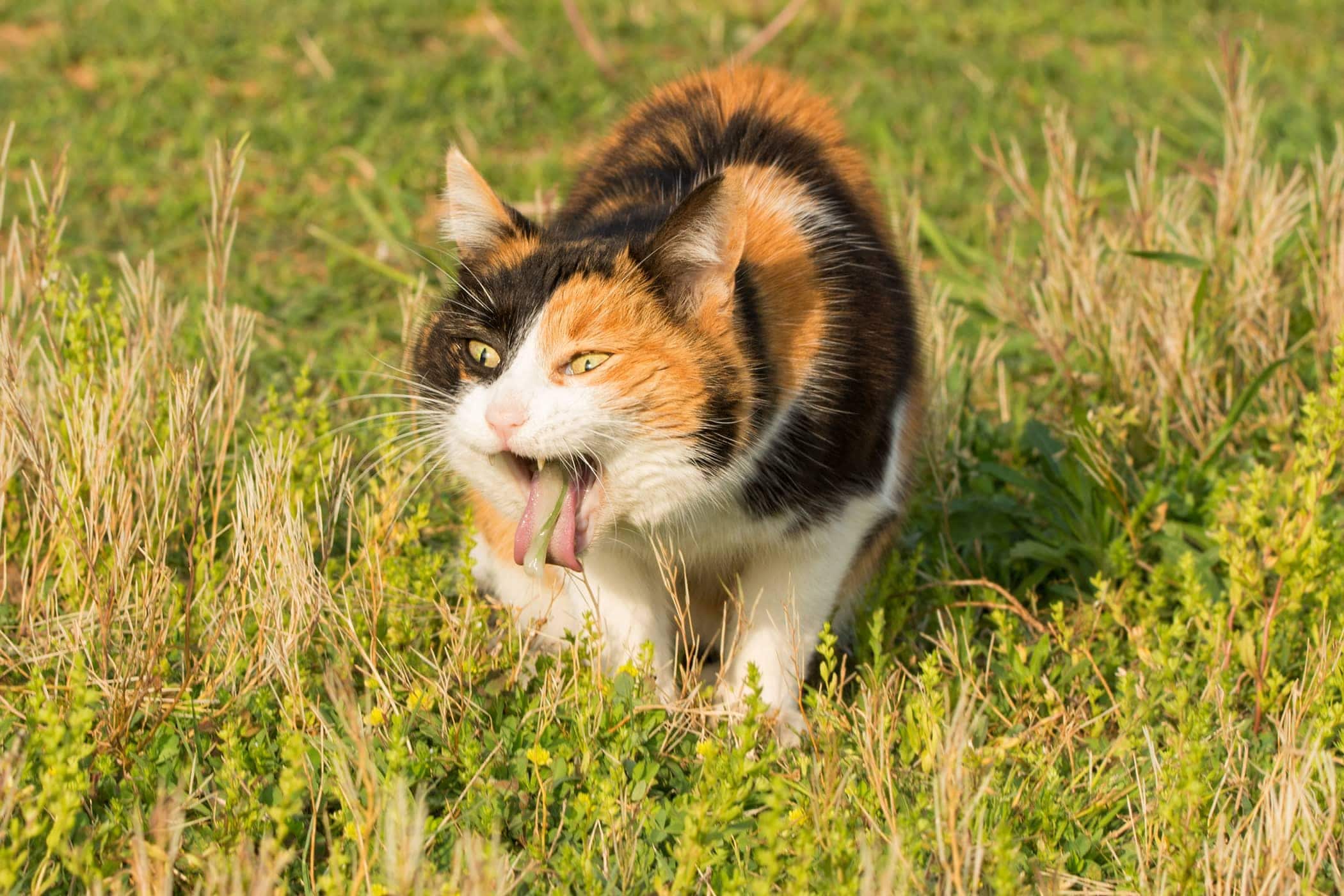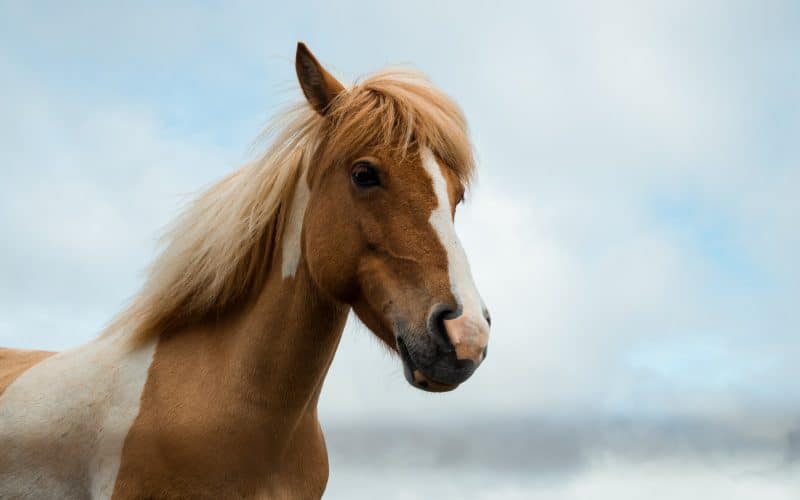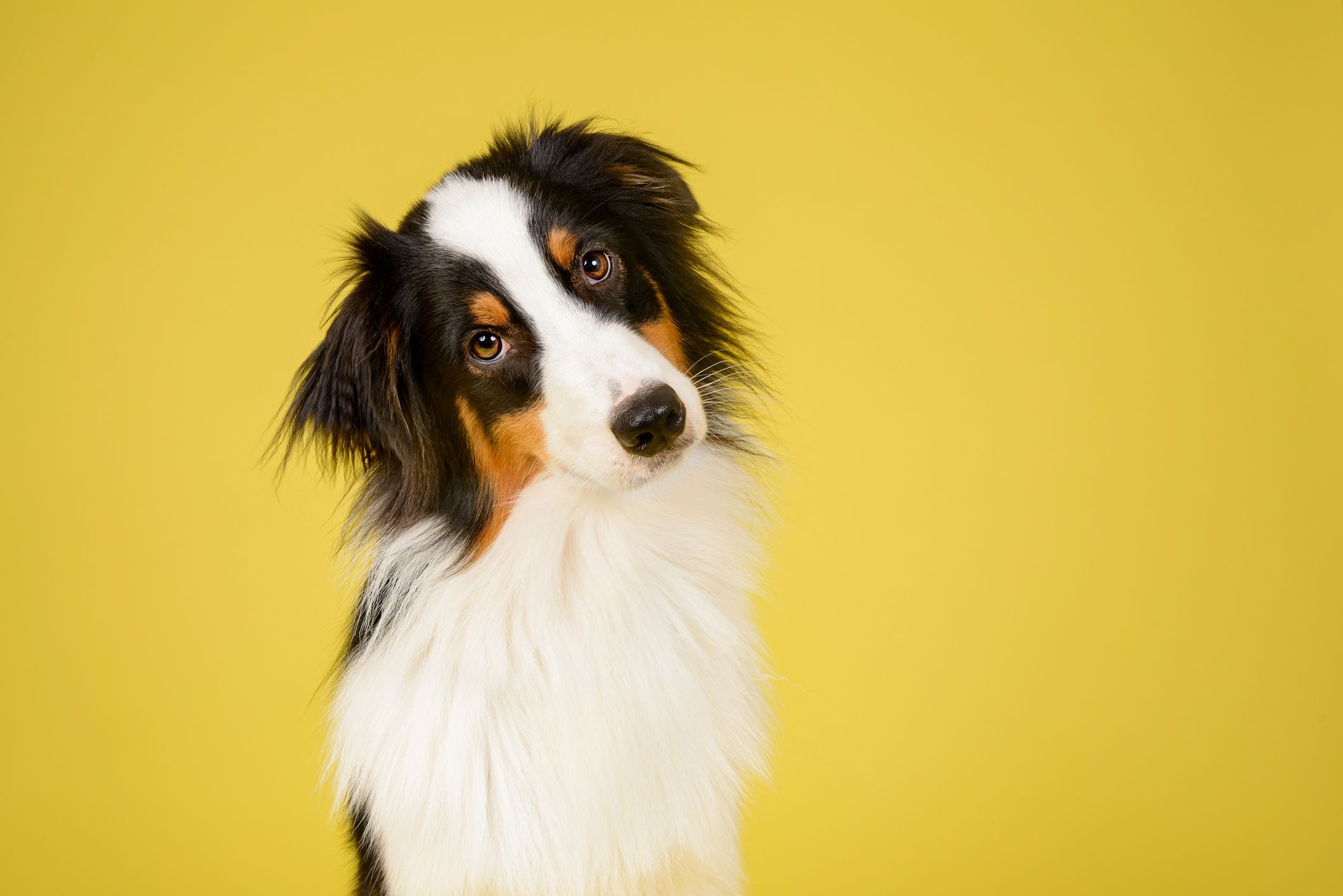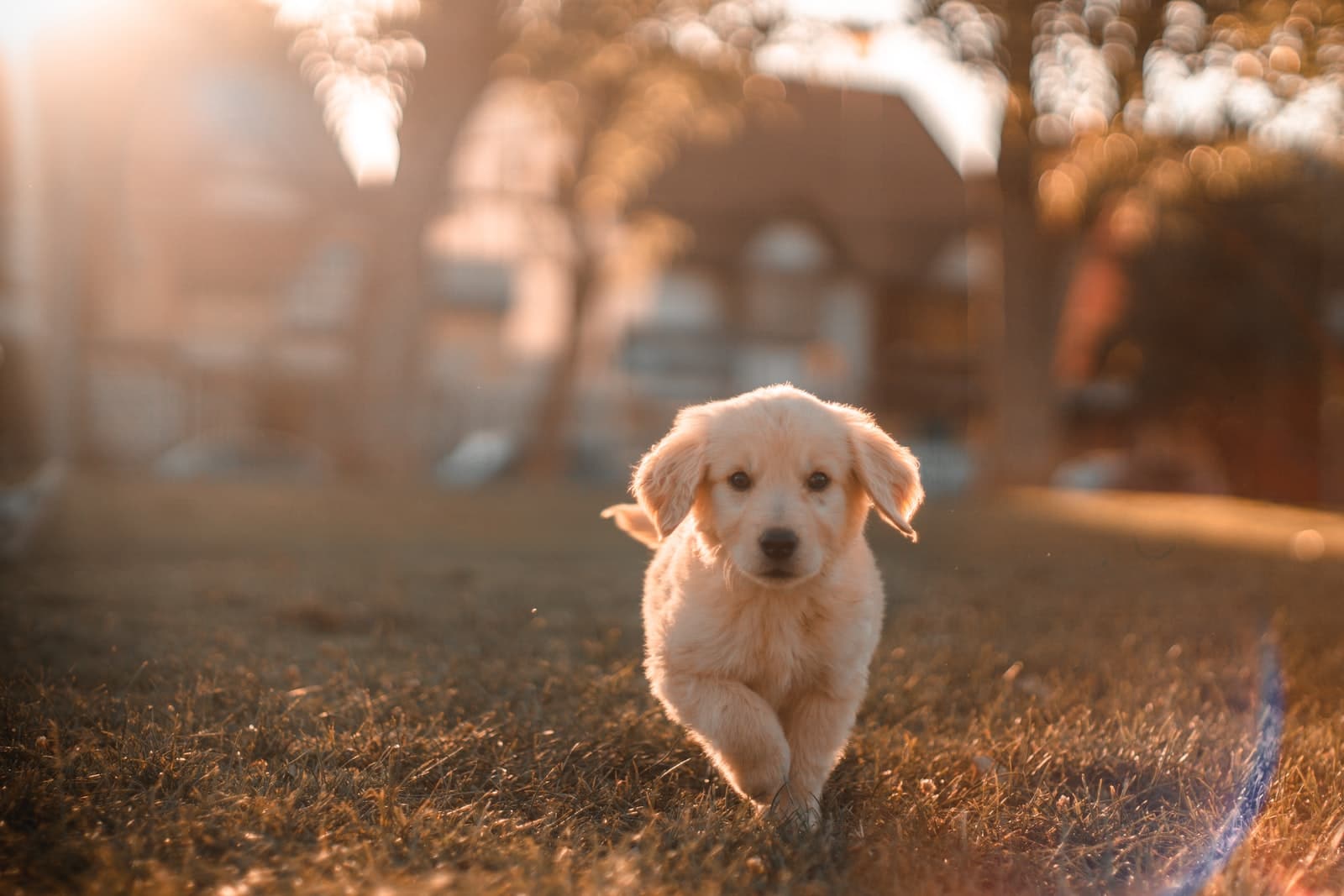Cat vomiting might not seem like a topic a lot of people discuss, but our feline friends who vomit once in a while or regularly might need medical attention.
So the big question, why does my cat throw up?
Cat Vomiting: Why is my cat throwing up?
There are many reasons why kitties vomit, so the question of why they throw up is not one that is met with a direct answer. There are however some common causes of cats vomiting.
1. Diet
Your cat’s food plays a role in whether or not they vomit. If your cat is consuming a low quality, rendered diet, it is a possible cause. The term “rendered” means that the protein in your cat’s meal is not suitable for human consumption.
The proteins likely are made up of animal skin, bird beaks and feathers, eyes, hooves, and bones. These pieces of animal parts are considered a source of protein but they can be somewhat hard for your pet’s system to digest and that can lead to vomiting.
Some cats get allergic to their foods, and this is one primary reason why some cats repeatedly vomit over an elongated period. If your kitty is healthy and hasn’t lost any weight yet throws up often, you should consider changing its food as that is a possible reason.
Cats develop food allergies from feeding on the same thing year in and out. We can’t blame cat owners for not changing their kitty’s diet; we understand that our feline buddies just won’t eat anything else, so we end up giving them their favorite all the time.
Many kitties love to binge on seafood and poultry that no other form of protein seems to catch their interest. If your cat is addicted to any particular source of protein, you may have to discover some tricks to get other nutritional varieties into its food.
If your cat vomits on a regular basis, it is imperative that you pay attention to its diet as a critical trigger. Even if the protein you feed your cat is of the best quality human-grade, try a transition from the regular food to some raw foods and make sure to rotate your kitty’s diet to other protein sources every ninety days to avoid future allergies.
2. Milk and other delightful treats are suspects
Many cat owners feed their cats with good food but make the mistake of giving their cats poor quality treats.
Your intentions to give your feline some lovely cat treats is a good one but when you view the label of your kitty’s treats and find out that it contains chemicals with a lot of big names that you might find it hard to pronounce. This means that the cat treats are bad for your pet and can cause it to throw up.
Milk is an excellent food for mammals as they mostly can’t resist it when it is offered them. However, if you want to feed your animal with milk, make sure the milk is from the same species. Feeding your Cat with milk from a different animal is dangerous as your kitty lacks the enzymes required to digest the sugar in cow milk.
Its pancreas does not secrete the lactase needed to break down the lactose in cow milk, so your cat ends up with secondary GI symptoms and also vomiting.
3. Does your kitty munch on food to fast?
Another reason why felines vomit is that they eat in a rush. Cats have a horizontal rather than a vertical eoesophagus when they gobble up food it can slap on the lower esophageal sphincter which can cause felines to throw up all the food then had eaten in a few seconds.
If you have only one cat and it rushes it’s meal it is wise to split its food into tiny portions and feed it more often with the other portions so that it eats at its pace and doesn’t puke.
4. Enzyme deficiency is a possible cause
Sometimes, your cat’s pancreas may be unable to produce enough enzyme so they end up having either an acute low-grade or a chronic case of pancreatitis.
Inflammation of the pancreas is a very common cause of cats throwing up and vets have discovered that it is becoming more common.
The good news is, you can add digestive enzymes to your kitty’s food just to prevent a case of pancreatic inflammation.
You may be worried that if your cat produces enough enzymes and you add digestive enzymes to its food, it might be dangerous. Well, its OK to be concerned but you have nothing to worry about as the digestive enzymes are not dangerous, they just play the role that an insurance plays.
Besides your kitty will be glad you care enough to make moves to avoid cases of it puking its food.
5. Timing
If you feed your cats at a specific time, they become conditioned to anticipate the arrival of their meal when the time is drawing near. If for whatever reason you delay a little before feeding them they are likely to vomit some yellow bile and some white foam.
This happens because the cat’s stomach will produce bile, hydrochloric acid, and gastric to digest the food it is expecting. The delay in feeding makes the hydrochloric acid irritate your feline’s stomach because there is no food for it to breakdown and the animal’s body expels some of these juices just so it can feel less irritated.
In a case like this, the best bet is to give your pet some healthy treats to nibble on or give it a small portion of its food so that the enzymes do not cause it to become uncomfortable.
If you have noticed that kitty vomits before every meal, that is a sign that you should make some quick nibbles available at least 20 minutes before food time so and check if it still throws up.
6. Hairballs
Your cat might be dealing with hairballs, and that could be the cause of it puking. If you do not know if the cause of the vomiting is hairballs, check out for a pool of fluid with cylindrical plugs on your floor.
Cats that have long hair and self-groom or groom other cats in the house are more likely to suffer from hairballs. The solution to this problem is to brush the fur of your cat and all the other cats in the house.
If you feel your kitty isn’t suffering from any of the above, make sure to see a vet immediately as poisoning or other dangerous things can cause cat vomiting.








